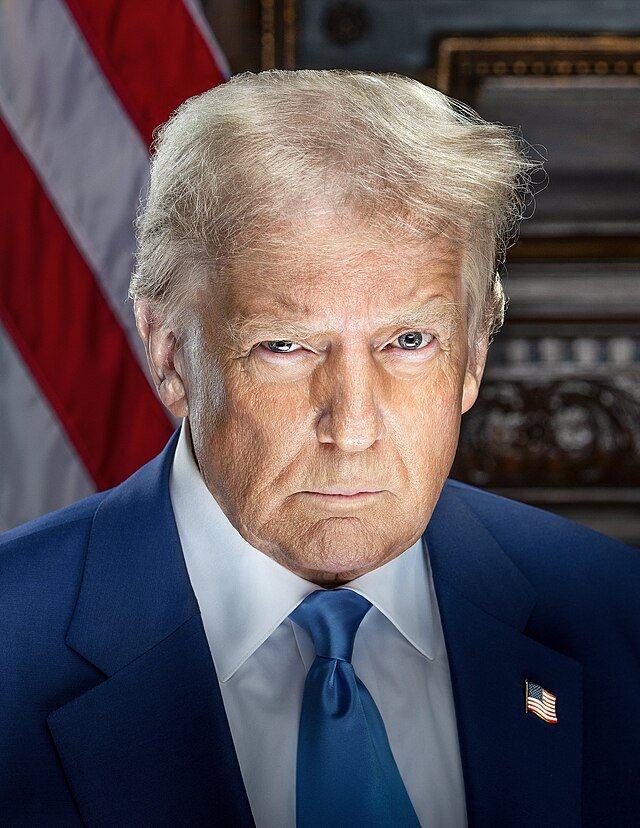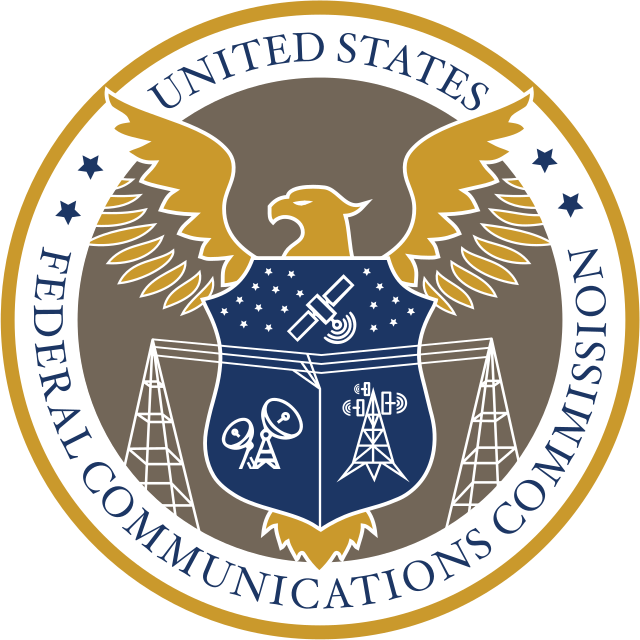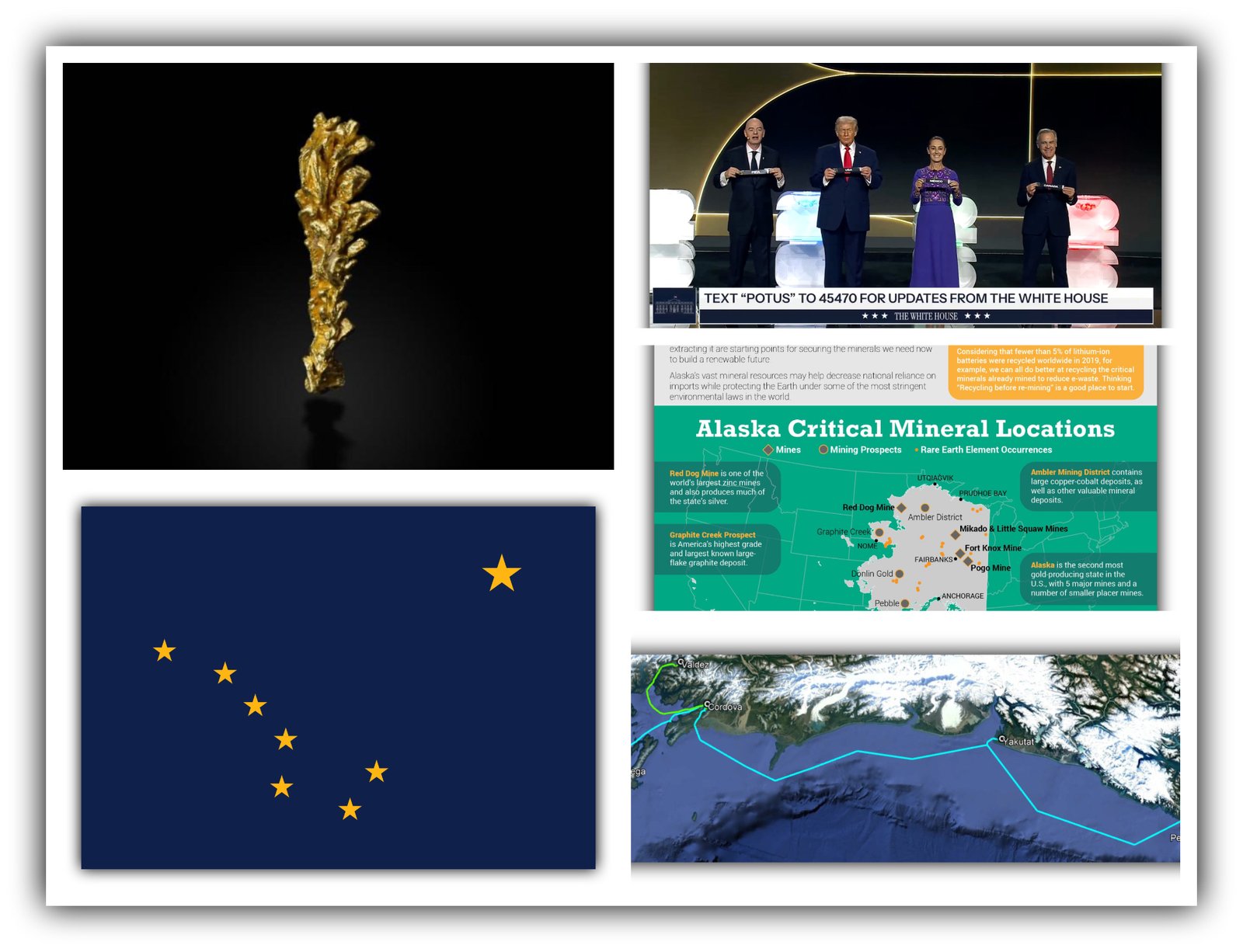From revived FCC complaints to merger conditions and license threats, the pressure on broadcast journalism is intensifying—yet legal safeguards remain.
Introduction
In recent months, Donald Trump and his administration have escalated pressure on major broadcast networks like ABC, NBC, and CBS—even while lacking the legal authority to force editorial compliance. While the First Amendment protects press freedom from direct censorship, scholars warn that the tactics being used—regulatory threats, licensing pressure, public disparagement—could chill speech and encroach on constitutional limits.

Legal Scholars Weigh In
- According to a Reuters analysis, legal experts say the FCC’s renewed complaint against CBS over a 60 Minutesinterview with Vice President Kamala Harris could represent a departure from past precedent. Proving “news distortion” requires substantial evidence of intentional misrepresentation, which is hard to amass. But the very investigation, scholars warn, may intimidate broadcasters. Reuters
- The American Bar Association and groups such as the ACLU have filed comments reminding the FCC that editorial discretion is deeply protected by the First Amendment. In particular, the ACLU argued that attempts to enforce “news distortion” rules should be very narrowly confined, because otherwise the government risks acting like a “free-roving arbiter of truth in journalism.” ACLU Assets
- In a piece by Brookings, Tom Wheeler (former FCC Chair) criticizes what he calls “heavy-handed regulation” under the current FCC. Wheeler argues that some regulatory moves appear to micromanage corporate decisions in media, threatening editorial independence. He points out that many of these regulatory actions lie outside existing procedural safeguards and may be vulnerable to judicial review. Brookings+1
- The Freedom Forum has noted how during the John Adams administration, the Alien and Sedition Acts, particularly the Sedition Act of 1798, criminalized criticism of the government (“any false, scandalous, and malicious writing”) and were later widely condemned as violations of the press and speech protections. Jeffersonian opposition saw them as unconstitutional attacks on dissent, helping to define early American norms of press freedom. Freedom Forum+2American Battlefield Trust+2
Historical Comparisons
| Era / Event | What Happened | How It Compares to Today |
|---|---|---|
| Alien & Sedition Acts (1798-1801) | Enacted under President John Adams and a Federalist Congress, these laws made it a crime to publish “false, scandalous, and malicious writing” against the government. They were used to jail or fine editors and publishers critical of the administration. Widely criticized, eventually expired, and helped fuel Jefferson’s victory in 1800. American History Central+3Freedom Forum+3American Battlefield Trust+3 | Like the Alien and Sedition Acts, the modern threats (license revocations, regulatory investigations, calls for bias monitors) are indirect pressures on media content. Scholars see some parallels in chilling potential: in both cases, the government (or those in power) seeks to punish or sanction media outlets for criticism, or perceived bias. |
| FCC News Distortion Rule & Broadcast License Renewal Cases | Over the years, the FCC has had a “news distortion” doctrine allowing for complaints when a licensed broadcaster knowingly broadcast false information, particularly during license renewal. However, the doctrine has hardly ever been enforced because it is very difficult to prove intent, and because courts have been protective of editorial discretion. American Bar Association+2ACLU Assets+2 | The revived complaints and merger-related conditions under the Trump FCC (e.g. requiring bias monitor, ombudsman, etc.) may not yet violate precedent, but are pushing toward gray zones. Legal scholars warn that even if enforcement fails, the fear of such enforcement can lead media outlets to self-censor. |
Key Quotes
“Proving news distortion typically requires substantial evidence of deliberate misrepresentation, which is difficult to establish. The case has significant implications … and may intimidate broadcasters, leading to a chilling effect on free speech.” – Reuter’s reporting drawing on legal scholars about the CBS complaint. Reuters
“The First Amendment protects editorial discretion … attempting to [act as] a self-appointed, free roving arbiter of truth in journalism … risks an unconstitutional chilling effect on the media.” – ACLU comment to the FCC regarding the 60 Minutes Harris interview complaint. ACLU Assets
“In its pursuit of political goals, the Trump FCC has sought to micromanage corporate decisions. Because those actions are outside the procedural safeguards of existing FCC practice … they are potentially outside of judicial review.” – Tom Wheeler on current FCC behavior. Brookings
Where The Legal Line May Be Crossed
- Intent & Proof: Rules like “news distortion” require proof that false information was knowingly broadcast, with intent to mislead. Without that, mere unfavorable coverage or mistakes is insufficient to meet legal standard. Courts treat editorial decisions with high protection. American Bar Association+2ACLU Assets+2
- Content-based vs. content-neutral regulation: The Supreme Court has held that regulations directed at the content or viewpoint of speech must pass strict scrutiny (i.e. compelling government interest, narrowly tailored). Anything less risks unconstitutionality. The key is whether pressure is coercive or punitive.
- Chilling effect: Even if litigation or enforcement fails, the threat of government action can lead media to self-censor, or modify practices preemptively. Scholars warn this is one of the main dangers.
Conclusion
While Donald Trump does not legally possess authority to directly control what major networks report, legal scholars believe that the combination of revived FCC bias/exaggeration complaints, merger-approval conditions, threats of license revocation, and public attacks represent serious tests of First Amendment protections. Historical precedents—like the Sedition Act—show that even when laws are not overtly oppressive, governmental pressure can undermine press freedom.
If these tactics escalate, or if regulatory bodies begin to enforce them more aggressively without robust judicial checks, the consequences could be profound: weakening trust in media, dampening dissent, and shifting the balance away from a press free to hold power accountable.



